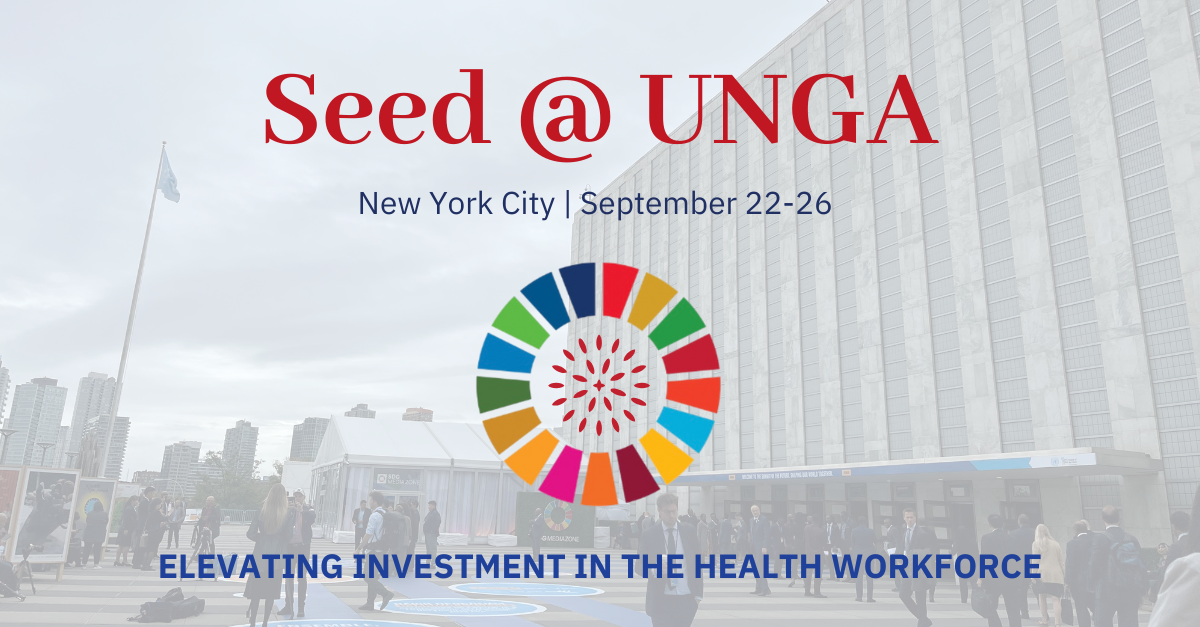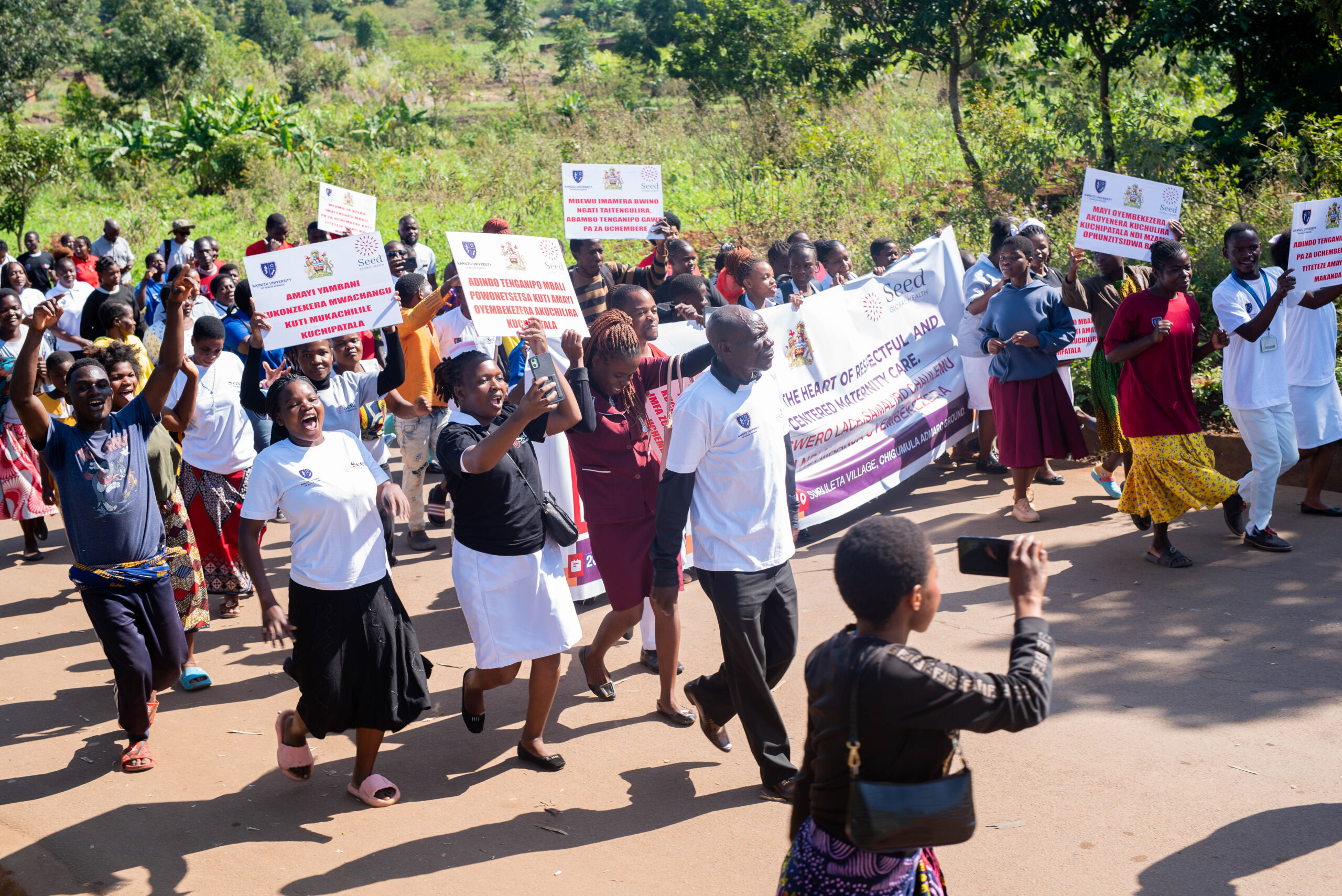Update from #WHA72: It’s Time to Be Impatient, to Achieve Health Equity
We live in an extraordinary time. With increasing speed, technology innovations have transformed our world and expanded our horizons in ways that were previously unimaginable. Growing up, the clicking of the typewriter keys and the distinctive ding at the end of each line formed the soundtrack to my homework sessions. Nowadays, I dictate notes and messages to my phone which are then sent into the world. Whereas my parents’ generation previously relied on the assistance of operators to make long distance phone calls, they can now easily communicate with their grandchildren, loved ones, and colleagues across continents through video chat, WhatsApp, and Skype.
Innovation is happening rapidly and enhancing lives daily. Yet, in 2019, this innovation is still not transforming lives evenly. Entire communities and populations are being left behind from this digital age. They are being left behind. Period. It should be absurd that today, when we have made so many advances, there are still millions who live without access to energy, running water, sanitation facilities, or education.
The chasm between not only access to technology but also access to services, and even agency, is growing for too many. It is incredibly visible in health and the gaps in care do not discriminate. The US, for example, has the worst rate of maternal deaths in the developed world. The CDC estimates that 700 to 900 new and expectant mothers die in the U.S. each year and Black mothers in our country die at three to four times the rate of white mothers. In Malawi, largely preventable illnesses like diarrhea, malaria, and pneumonia remain the main causes of child mortality. One in 16 children in Malawi dies before his or her fifth birthday, and two-thirds of these deaths occur during infancy. Both countries, as in many other parts of the world, struggle to provide access to quality and affordable healthcare, delivered by providers who are rooted in, and understand the needs of, the communities where they work.
Read more via Frontline Health Workers Coalition.

